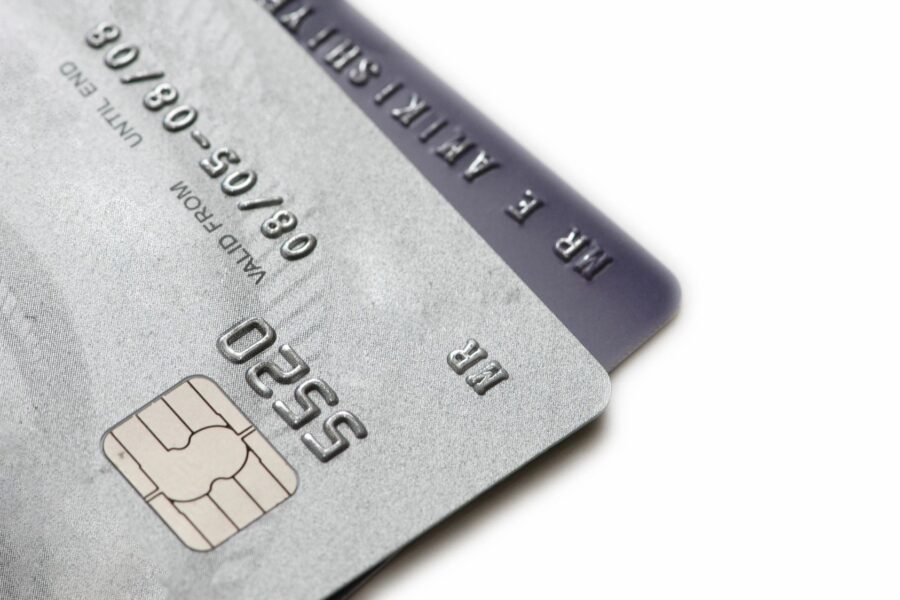Credit is something important in your financial independence journey because it affects your ability to use leverage to build wealth. Your credit score is what lenders, insurance companies, and even some jobs use to judge how risky it is to do business with you. If your credit score is low you may still be able to get a loan or get the insurance but the rates will be much higher and it will cost much more money to acquire. Your score is based on 5 categories: Payment history, (35%), Credit utilization (30%), Credit age (15%), Account credit mix (10%), and Credit inquiries (10%). Each category is weighted. Some categories affect your score more than others.
Strategy #1 Monitor Your Credit Score
You can do this by checking your FICO score through your credit card account or bank account. A lot of cards now offer this feature, but if you don’t own a card that offers this feature you can still monitor your credit score for free with Credit Karma or Credit Sesame. creditkarma.com creditsesame.com Although different sites will give you different credit scores, it can still give you an idea of where you are in building or maintaining your credit score.
Strategy #2 Monitor your credit report annually.
You are able to access your credit report from the 3 credit bureaus every year for free fro annualcreditreport.com. It is important to look through this report and make sure that every debt and account is actually yours. If there are any errors on your credit report, you should dispute those errors. If you have any overdue balances that are now in collections this will also be on your credit report. Do not pay anything in collections unless you get in writing that it will be removed from you credit report in exchange for payment. It can actually hurt your credit score if you pay it off without getting it removed from your credit report.
Strategy #3 Get a Secure card
This is a great starter card to start building your own credit history. A secure card is a credit card that is secured by a deposit that is equal to the max amount that can be charged to the card. hen you are choosing a secure card make sure that it is eligible to be upgraded to an unsecured card once you’ve built your credit up enough that you now are able to qualify for a credit card. This way you’ll be able to get your initial deposit back without having to close your account once you’re eligible to be upgraded to a regular credit.
Strategy # 4 Become an Authorized User
This is something that can jumpstart you to getting a great credit score. You want to make sure that you become an authorized user for someone that is responsible with their credit, so you can benefit from their positive credit habits. An Authorized User is someone who has been added by a primary cardholder to charge to the primary cardholder’s account or utilize the primary cardholder’s credit. As the authorized user and the primary cardholder, it is important to be responsible with your credit. As a primary cardholder, you have to make sure that you trust the person that you are authorizing to use your account because you are still responsible to pay all debt accrued.
Strategy #5 Never Miss A Payment
Pay at least the minimum balance on all your debt and pay all your bills on time. On-time payment history accounts for 35% of your credit score, so it’s so important to never miss a payment. It’s important to note that a missed payment is reflected on your credit history until it is more than 30 days late, so if you are going through a situation where you foresee this happening, call your lender or creditor to see if they can work with your situation.
Strategy # 6 NEVER carry a balance on Revolving debt
Revolving debt is a line of credit that is continually available to you. The most common example of this is a credit card. There is a myth that we’ve heard many people tell us that they have to carry a balance on their card in order for it to build their credit. This is absolutely false. Carry a balance on your credit card can actually hurt your credit. We never carry a balance on our credit cards. This has a positive effect on our credit scores because it shows that we have great credit utilization (30% of your credit score) and it prevents us from ever having to pay interest the money we spend on our credit cards. Credit utilization is the amount of credit used in relation to the amount of available credit (all credit cards) reflected in a percentage.
Strategy #7 Never close an account
Unnecessarily Age of credit history is calculated by taking the average of length of all accounts so if you have an account that’s been open for 10 years and you open a new account the average of credit history is 5 years. Closing an account that has been opened for a long time can negatively affect the age of your credit and lower your score.
Other ways to follow our story: Facebook: https://www.facebook.com/millennialFi/ Instagram: https://www.instagram.com/millennial….













Recent Comments